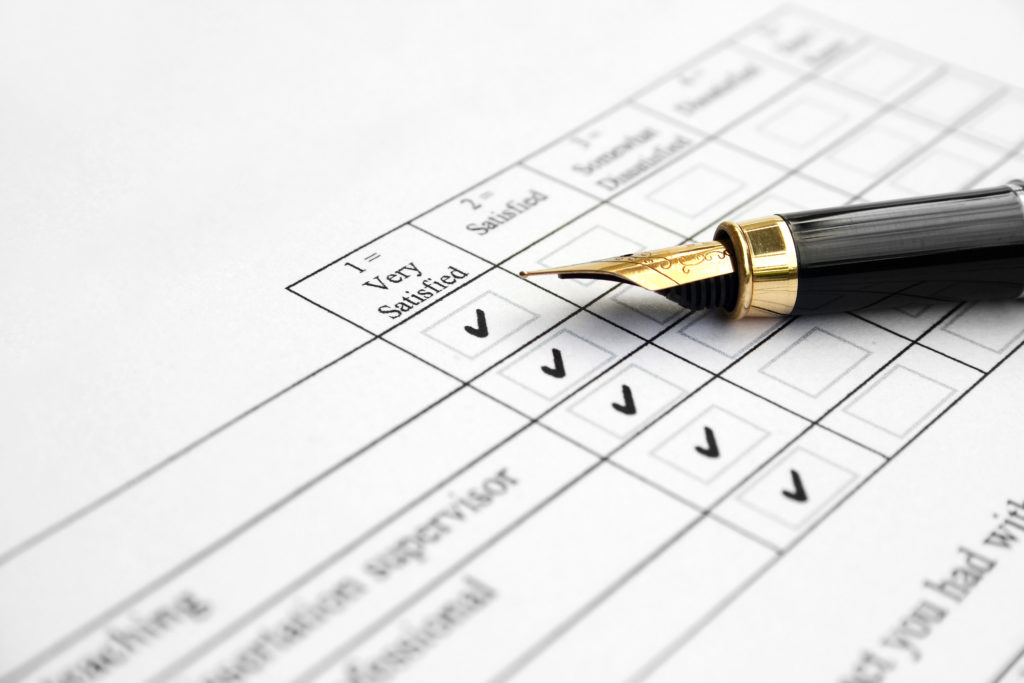This area of forensics inspects statistics and information from the computer, so that it may be utilised as proof in a court of ruling or to come back with a detailed legal question as it may necessitate. For instance in private evidence, the forensics examiner may make use of digital forensics at the demand of a private legal representative for a defendant in a civil case. And proof may be gathered to establish that a member of staff is utilising company resources for private business use such as visiting the site that is not in favour of the company rules and guidelines about equipment. In this case, the member of staff may be subject to punitive action by the company, more individual liability, and possibly criminal accountability.

The evidence that establishes a worker has dishonored the service agreement may be gathering by engaging the services of UK Evidence Ltd. For instance, proof may be gathered that establishes an employee accessed information without permission. It may also grant that one member of staff has harassed another worker or perchance stolen business information. While public examinations have need of forensics only when an offense has been committed
Forensic investigators will examine the substantial evidence for fingerprints or other proof found on the surfaces of the substantial technology. This responsibility necessitates a deep perceptive of the technology and may be proficient to support the roles of digital evidence compilation and digital proof analysis even when the physical device is relentlessly smashed. Investigators will bring together the digital data from the substantial device. Here, the proof is the full set of files and folders stored on the substantial media.
Digital proof has several exceptional challenges and issues that must be resolved. The main challenge is found in contemporary computers which are fixed as multi-user systems with possibly hundreds of consumers. Since substantiation must overwhelmingly show facts in an inquiry, it becomes significant to clear up uncertainties of who owns the information, how the figures appeared to be on the system, and who or what created the statistics.
Another apprehension is the lawful issues surrounding the compilation of evidence from confidentially owned devices. While no comprehensible answers have materialised, many businesses spell out the suitable utilisation of their assets and necessitate employees to surrender any such rights to confidentiality on company assets as part of their service bond. In addition, this concern has recently turned out to be more intricate with the onset of free openly accessible encryption technologies. This precise question is whether or not a consumer keeps hold of an anticipation of confidentiality by using encryption on corporation assets. All these situations can be efficiently handled by UK Evidence Ltd.
One may be convinced to disagree that no digital bit has ever been witnessed, so the plain display is not achievable and not a concern. This subject of confidentiality raises the query of ‘basic sight’ while collecting proof from digital sources. UK Evidence Ltd is a reliable private investigations company and they make available complete investigations service to all the clients.

